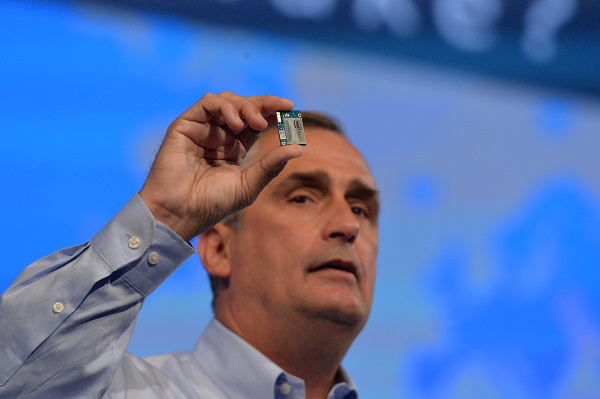Intel has discontinued its line of compute modules: the Edison, Galileo, and Joule. The three modules were intended for use in the Internet of Things and encourage embedded systems. They were also design as competition for the immensely popular Raspberry Pi.
The compute modules were made in partnership with Arduino, and targeted the enthusiast market. They were, for all intents and purposes, Intel’s attempt to avoid being left behind in the embedded device market. Intel has not offered a reason for dropping these devices, but it may have something to do with the newly announced Compute Card.
Despite this, Intel’s tiny Curie module does not appear to be affected by this change of policy. Curie is the smallest of the compute modules; designed to be embedded in clothing and wearables. It could be that the fashion industry has taken a liking to fancy RGB lighting in their designs.
As for the rest of the compute modules, it’s not entirely surprising that Intel has discontinued the efforts. The Compute Card is a rather similar device that supports a more modular approach to embedded computing. In theory, it should fill the same role as the three modules it’s replacing. Not to mention that it is substantially more powerful than any of the three.
For now, it looks like Intel is leaving the enthusiast market to Raspberry Pi and focusing on more commercial efforts. It would at least make financial sense for the company.
[Source: ZDnet]


